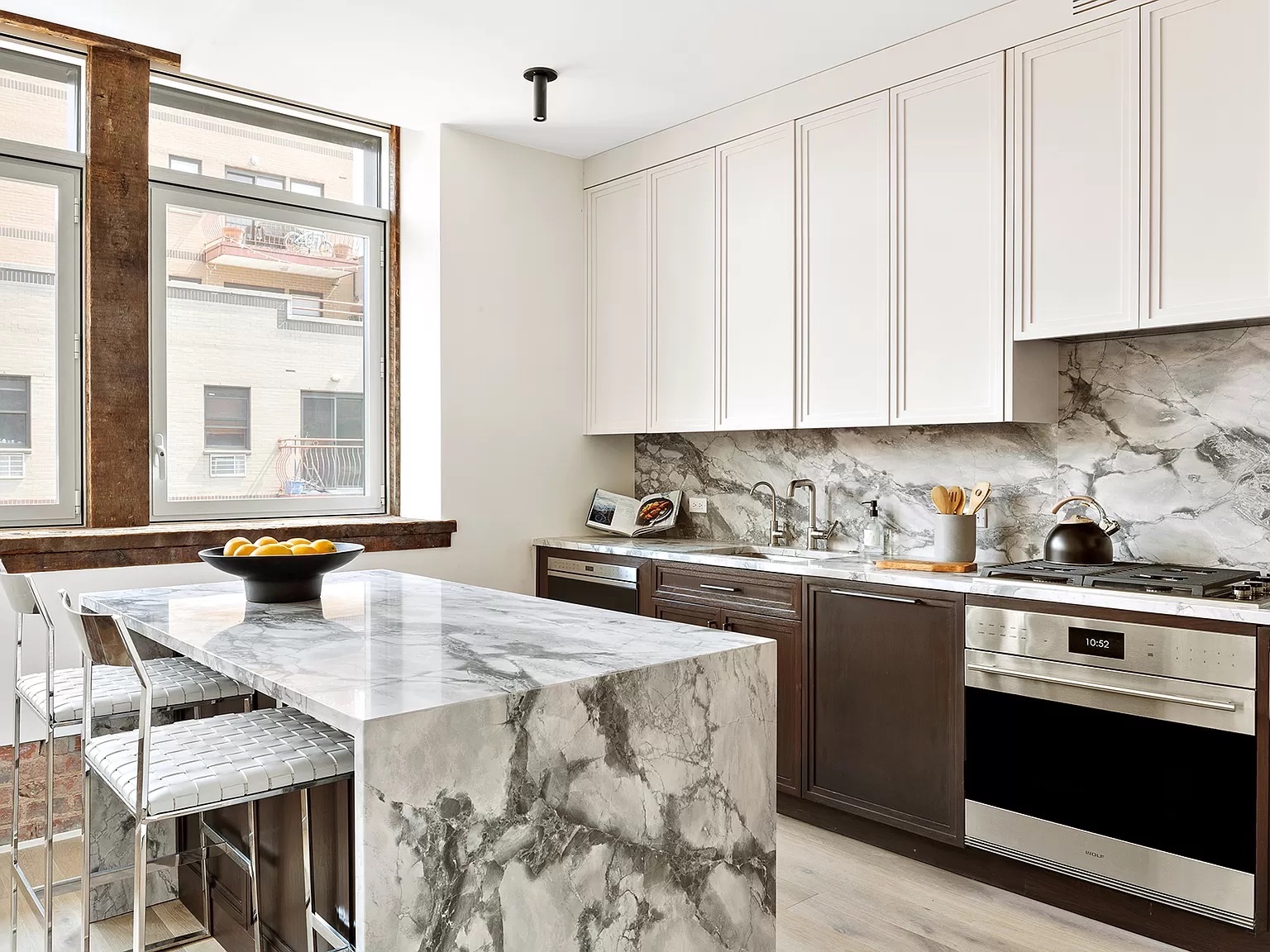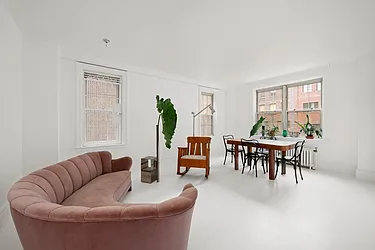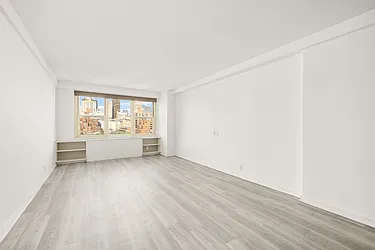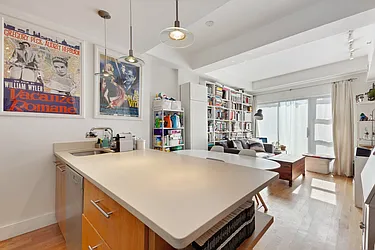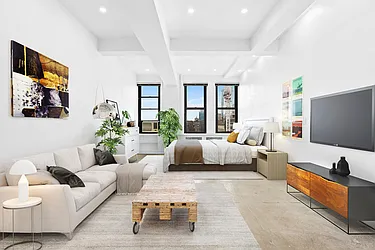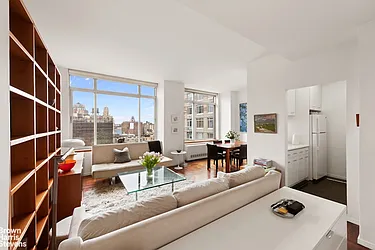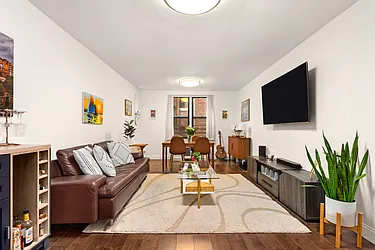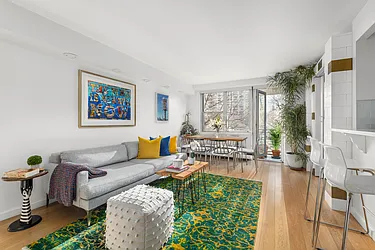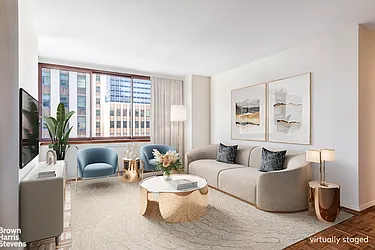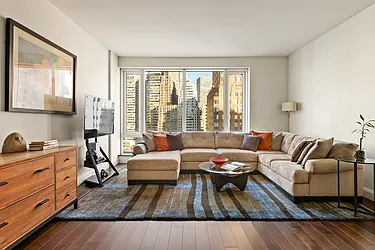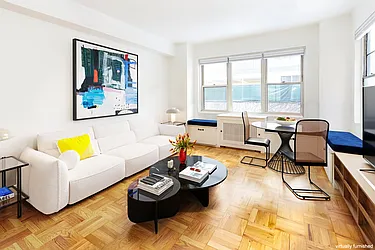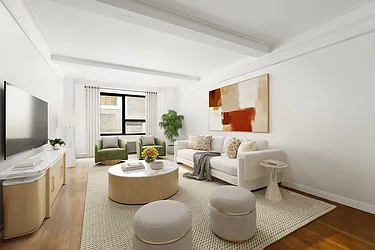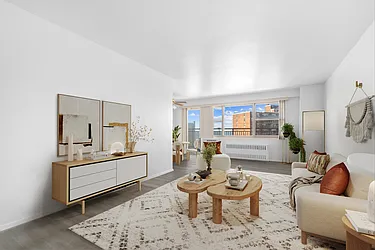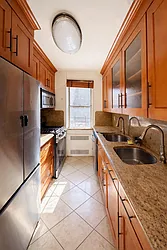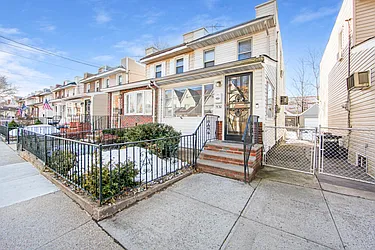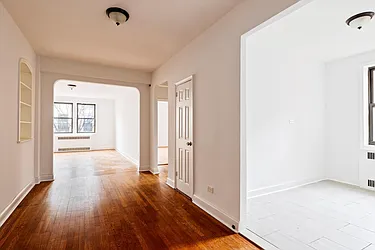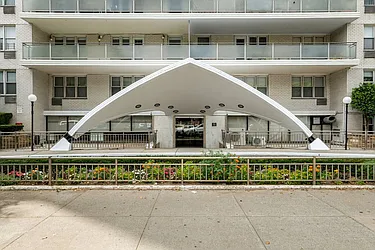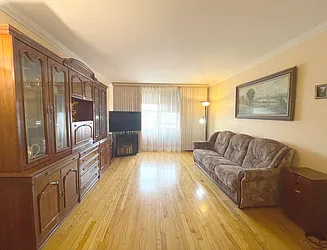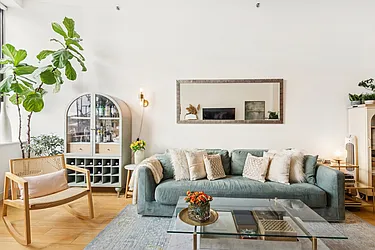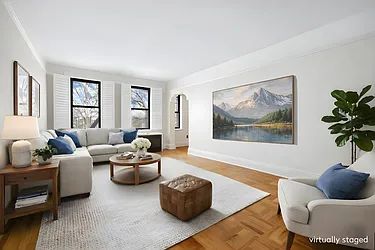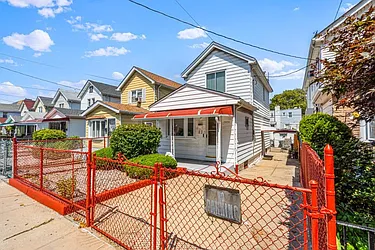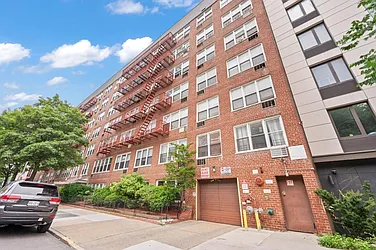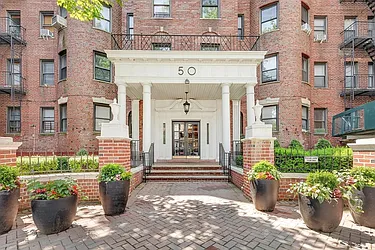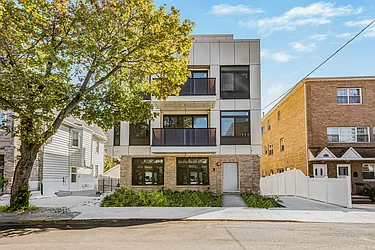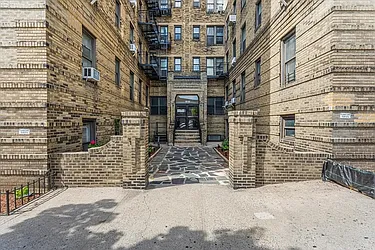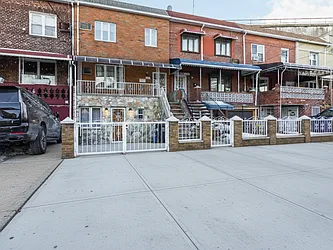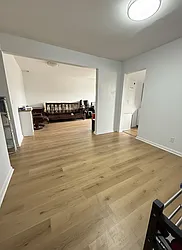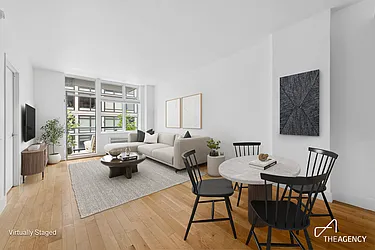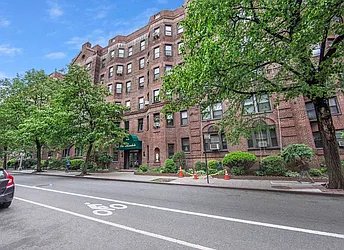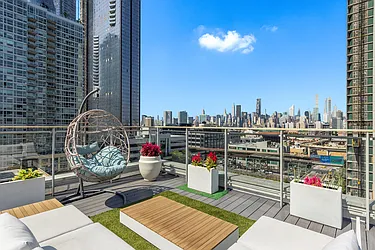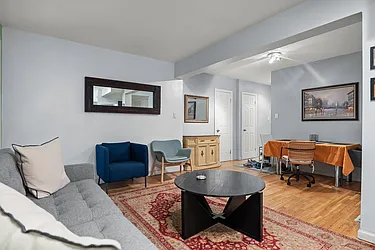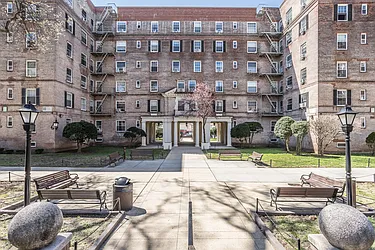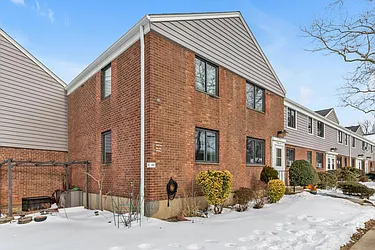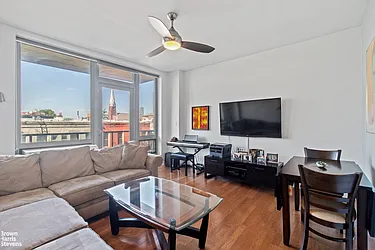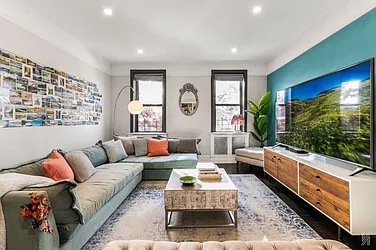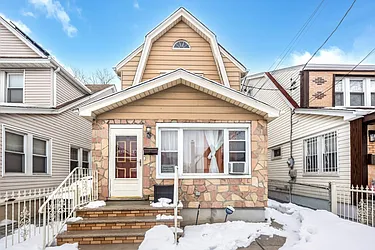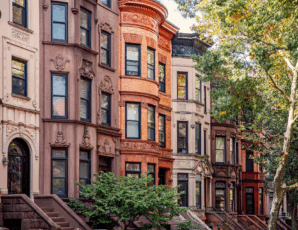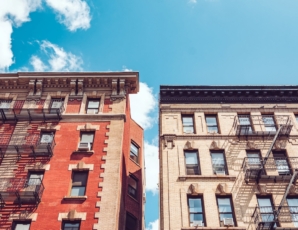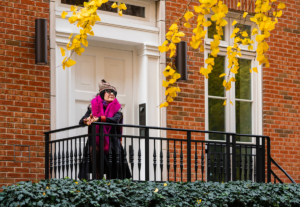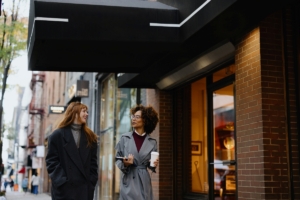The New York City real estate market, like the city itself, is unique in many ways. One of the different aspects of the market is the elusive apartment known as a sponsor unit. But what is a sponsor unit exactly? These homes are relatively rare, often great deals, and, therefore, highly desirable. So, how do you find one? Here’s what savvy home buyers need to know.
Manhattan Homes Under $750K on StreetEasy Article continues below
What Is a Sponsor Unit?
The short answer: it’s an apartment that has never been sold. In NYC real estate, a listing being labeled “sponsor unit” means the apartment is on the market for the first time. Who owns it, then? The building, typically.
Sponsor units can sometimes be found in new-development condos, in which case the developer owns them. But the even-more-elusive ones are in co-ops, in which case they’re owned by the corporation, or the building’s original owner before it went co-op. Purchasing a sponsor unit in a co-op, in particular, is a much different experience than buying a regular resale unit in a co-op building.
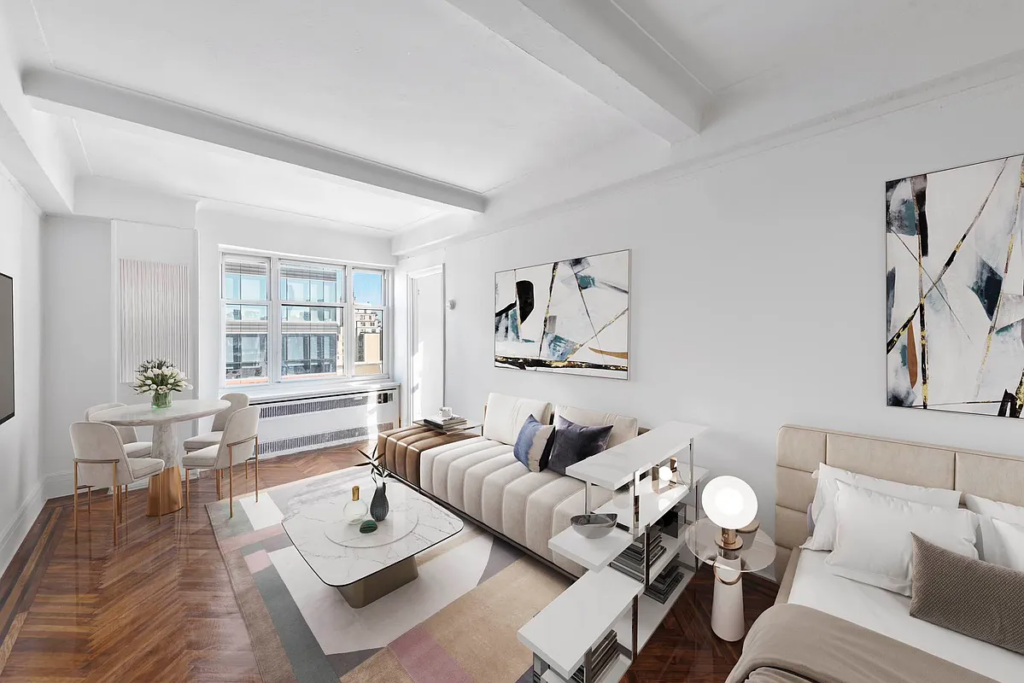
Advantages of Buying a Sponsor Unit in a Co-op
Sponsored co-op units can be a breeze to buy, mainly because the buyer is not beholden to the usual, arduous approval process that goes with buying a regular co-op unit. You won’t need to compile a complicated co-op board package or sit through a nerve-racking interview.
The process can be intense, so it’s no wonder buyers prefer to avoid it, says Gea Elika, principal broker at Elika & Associates. “It’s ideal for bypassing the board package process and, best of all, the co-op board meeting,” he says. “It can also lead to a faster closing.” Talk about winning!
There are also financial advantages to buying a sponsor unit in a co-op. Sponsored apartments can provide a way into a co-op for buyers whose financials might not meet the board’s strict requirements. For example, a sponsor buyer often doesn’t need the same cash reserves as a resale buyer. There’s also the possibility of a lower down payment than usual. A sponsor unit’s down payment is negotiated between the buyer and the sponsor, so it can be lower than the percentage required by the board.
Brooklyn Homes Under $750K on StreetEasy Article continues below
But there are negatives to buying a co-op sponsor unit, too. For example, many of these apartments may have been occupied by long-term renters before the sponsor decided to sell. The units are usually in “estate condition” or “original condition,” both phrases meaning that the apartment needs renovation or upgrades, sometimes in the extreme.
However, a unit in its original condition may be a plus — especially for homebuyers looking to remodel based on their unique tastes. But it’s a significant expense. And remember, while you don’t need the co-op board’s approval to buy a sponsor unit, once it’s yours, any renovation plans will most likely be subject to approval.
In addition, Elika notes that some lenders may red-flag a loan if they feel that a sponsor is holding too many units in the building.
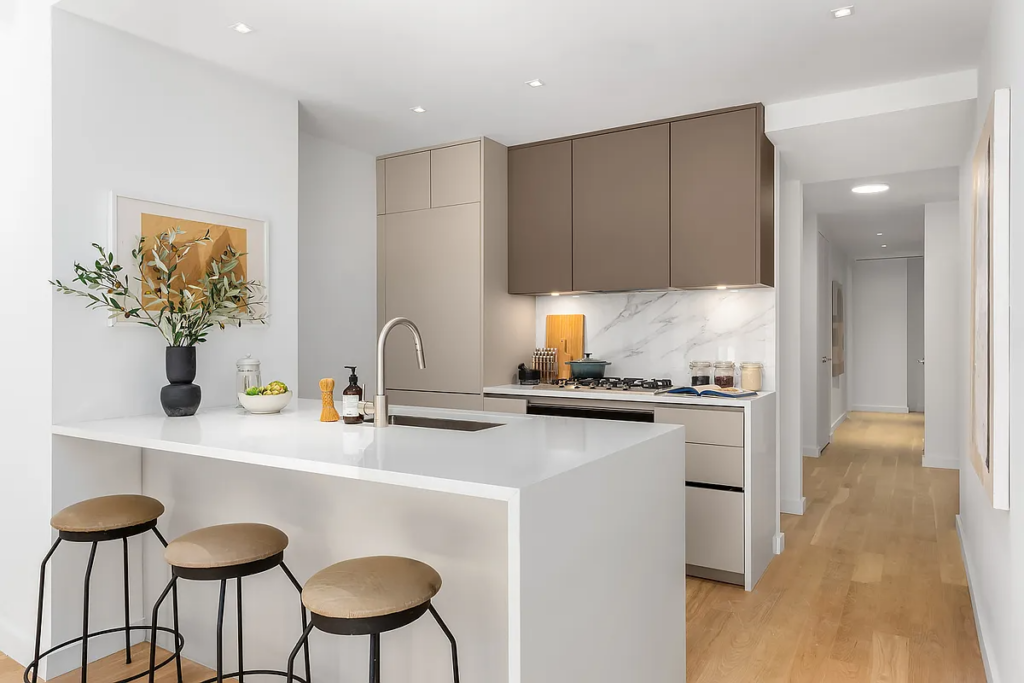
Advantages of Buying a Sponsor Unit in a Condo
Buying a condo is very different from buying a co-op, so it makes sense that purchasing a sponsor unit in a condo building has distinct advantages and drawbacks than buying one in a co-op building. For one, in a condo building, you’ll likely be buying a brand-new apartment, and you’ll be the very first occupant.
This can be be both a blessing and an inconvenience. On the plus side, you won’t have to renovate because the unit will be brimming with the latest finishes, fixtures, and appliances — what a treat! On the flip side, many sponsor units in new developments go up for sale before construction is complete, although that’s not always the case.
Can You Rent Out a Sponsor Unit?
Some buyers may be looking for an investment property they can rent to tenants. But just because the building rented its sponsor unit doesn’t mean you can too.
For instance, despite the luxury of bypassing the co-op board when buying a sponsor unit, your special privileges stop at the purchase. As an owner, you’re the same as any other owner in the building — even when it comes to renting. “Once you’re the proud owner of the apartment, you will need to adhere to the building’s house rules and bylaws,” says Elika. “That may limit or deny the renting of your unit.”
Queens Homes Under $750K on StreetEasy Article continues below
What Are the Additional Costs?
If all of this sounds like an intriguing way to get a deal on an apartment, well, it can be! But curb your enthusiasm just a bit: demand is high and inventory is low for sponsor unit apartments. Anyone looking for one may have to look long and hard. There’s also a bit of fine print regarding the costs that should be figured into the equation:
- Sponsor units may be priced at a premium. Even if a sponsor unit needs significant renovations, it might not come at a discount. Many buyers are willing to pay a premium for the ability to sidestep the co-op board. To them, it’s worth the extra cost to avoid financial scrutiny and a long wait for approval — or possible rejection.
- They can have higher closing costs. For co-ops, sponsor units carry higher closing costs than resale units. NYC transfer taxes can add almost 2% of the purchase price to the buyer’s closing costs.
- There are possible legal issues. If a sponsor unit was previously a rental, legal issues might arise. This is especially true for rent-controlled or rent-stabilized units. In the case of a sponsor unit that was rented at market rate, buyers should make sure the lease was terminated legally and with the consent of all named tenants. A real estate lawyer should look into the terms of any proprietary lease associated with the unit.
Where Can You Find Sponsor Unit Apartments for Sale?
It’s easy to search for apartments on StreetEasy, including sponsor unit listings. To filter for them, click MORE on the search bar to bring up the advanced filters. Scroll down to Sale types and click the box next to Sponsor Unit, click DONE at the bottom, and browse away!

Look for a StreetEasy Expert on the listings you find. Experts are agents with proven experience in a particular building or neighborhood, and can help you navigate the buying process with confidence.
Good luck with your search!
